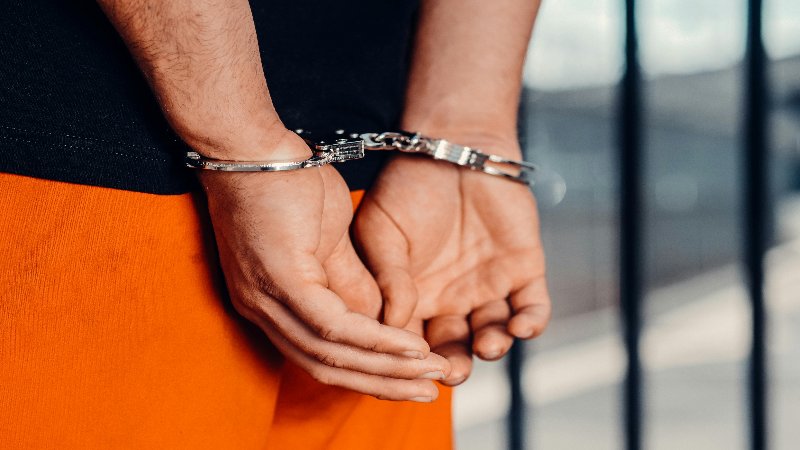A little under one-tenth of people in the United States say a gun in their household belongs to someone else, while 32% report that they personally own one. According to the Pew Research Center, most gun owners say they keep a gun for protection or self-defense.
According to gun crime lawyer J. Tyler Cox, certain jurisdictions heavily prosecute firearm-related arrests. Penalties for firearms offense convictions can range from large fines to probation. A long prison term may also serve as punishment in the worst cases.
Even individuals with misdemeanor charges would have to bear the same burden of a lifetime criminal record, which would highly limit their future job and travel opportunities.
Always be aware of the steps to take in case of an arrest for a firearm-related crime. The legal procedure could be intricate and very stressful. Numerous court appearances, legal jargon, and potential risks could impact your future.
Maintaining communication with your attorney and support group may be beneficial. The following are the different stages of the legal process that you will experience.
Let’s discuss the things you can expect following an arrest for a firearm-related charge.
Understanding the Charges and Legal Terminology
An arrest involving firearms can be very stressful for you, putting you straight into the world of legal jargon and accusations. You may be confused by terms like “possession,” “concealed carry,” and “unlawful discharge.” The meaning of these words can help you cross the desert and find the oasis.
For instance, “possession” signifies that the gun is under your control, whereas “concealed carry” is the act of carrying a gun on your person but keeping it hidden. The phrase “unlawful discharge” denotes shooting a gun in a forbidden manner.
Every charge has its set of consequences, which underlines the importance of knowing the implications. As an example, under the 2024 Texas gun law, you could get charged with a crime for errors concerning owning a gun, getting a gun license, or knowing where you can legally carry one.
The Arrest Process and Initial Steps
In the event of an arrest, the law enforcement will most likely convey your rights and subsequently escort you to the police station. The procedure includes capturing your fingerprints and conducting a search on your criminal record. Once all processing is complete, you will have the option of either a court hearing or a release on bail.
Maintaining contact with a lawyer following your release is crucial, as they will guide you through the subsequent steps. Having people around who are either relatives or trusted friends will change things a lot since it will be easier for you to go through the whole situation without feeling deserted.
Dealing with the Legal System: Court Appearances and Hearings
The legal process can be complex and stressful, especially when you face accusations involving a firearm. You may need to attend several court hearings, and while each one is different, all are important. These hearings also allow you to make your voice heard.
To start with, the arraignment will probably be the first thing to come up, where you will be told the charges that are against you and will have to offer a plea as a response.
The court will then proceed to hear and listen to the case of the parties concerned, who will, in turn, argue their positions in excess of the given time. It is important to arrive early, dress appropriately, and act well during the hearing.
A lawyer can increase the likelihood of success for your case, so you need to ask them for help.
Potential Consequences and Penalties
Understanding the consequences and penalties tied to a firearm possession arrest is essential, as these charges can significantly impact your life. Possible outcomes, such as imprisonment, fines, or probation, vary by case, but all are serious.
The mentioned legal consequences will accompany a sentence, and so will the difficulties in getting a job, a house, or even relating with other people. The consequences of arrest and conviction are usually grave and sometimes even permanent. The initial phase for empowerment and leaving the past behind is to accept these repercussions.
Resources for Support and Guidance
Getting arrested for a Firearm-Related offense may seem like a private matter. However, it is still a situation where you can seek support and guidance in many ways.
Legal aid organizations in your community can provide very useful and personalized professional advice for your case. Sharing with others in similar situations can bring a lot of comfort and even have some therapeutic effects, no matter if it’s online or in person. Engaging with the various advocacy groups will inform you of your rights and options.
Make use of these resources. They can help you navigate the situation more easily and provide the reassurance that you are not alone during this uncertain time.
See Also: Understanding Your Rights: How a Dayton Criminal Defense Lawyer Can Protect You
